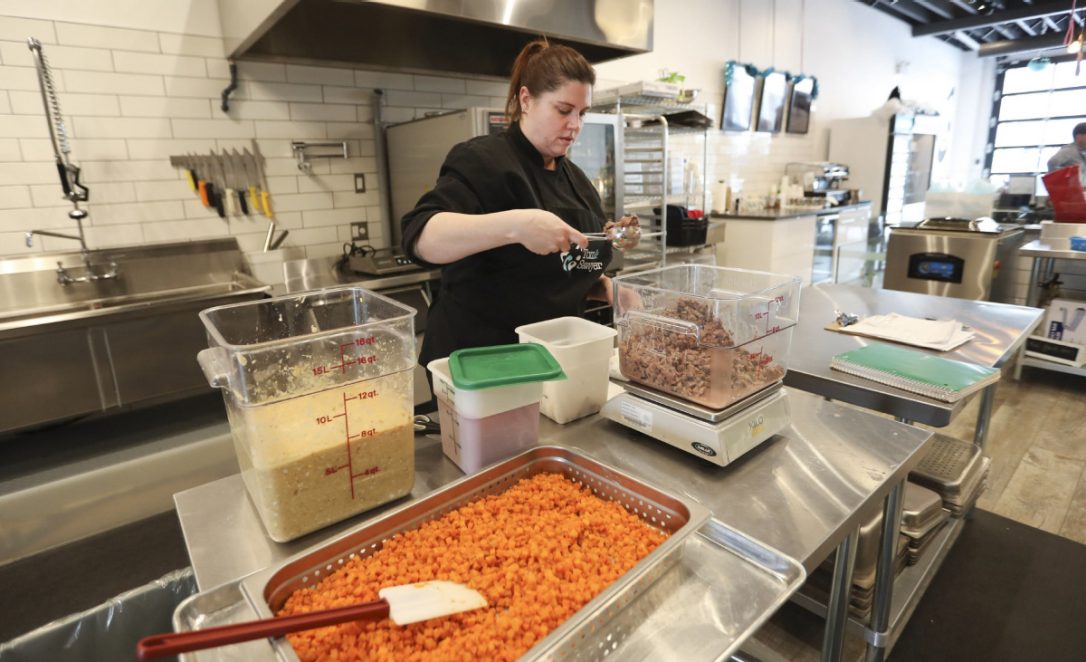B.C. Government Approves Plan for Vancouver to Tax People Who Leave Residential Property Vacant

The fastest growing occupation in Vancouver could end up being house sitter.
The provincial government announced Monday that it is going ahead with plans that would allow the city to tax owners of vacant property — a tax pushed for and endorsed by Vancouver’s mayor.
Mike de Jong, British Columbia’s finance minister, said at a press conference that the legislature will reconvene July 25 to create direct legislative authority that would allow Vancouver to move ahead with its new tax as early as 2017.
“The problem with waiting until the fall, never mind next spring, is the time needed to develop all of the rules that flow from legislative changes,” said de Jong, adding that the magnitude of the work could have pushed changes into 2018. “There are challenges for folks wanting to rent. That is true in Vancouver and it’s true outside of Vancouver.”
Gregor Robertson, Vancouver’s mayor, had previously vowed to go it alone and create a special business tax for empty homes unless given the proper authority. “Vancouver housing is first and foremost for homes, not a commodity to make money with,” he has said.
A report presented in February for the Vancouver Affordable Housing Agency found the number of non-occupied housing units in the city grew from 8,400 in 2002 to 10,800 in 2014, an increase driven by the growth of the overall housing stock. Non-occupancy was defined as a housing unit that is not occupied for at least 25 days out of every month for a year, with the data based on hydro use.
The city of Vancouver has said the vacancy rate is now 0.6 per cent, which de Jong said is “ultimately it is about supply” and the request for a tax of vacant units was reasonable.
David Goodman, a commercial real estate broker who deals in apartment buildings, agrees there is a real problem with available units, but blames city officials for hurdles put in the way of new construction, choking supply. “This is maybe a token improvement in the overall scheme of things. What the city is doing and asking for is a smokescreen,” he said.
The implementation and administration of the tax — how much it will be hasn’t been decided — will be the responsibility of the city of Vancouver, but enforcement remains unclear.
“I have been a fan of the idea, but not because it will fundamentally solve anything,” said Tsur Somerville, an associate professor at UBC Centre for Urban Economics and Real Estate. He likes the idea that the tax money will be used for affordable housing, something the city has suggested in the past.
He acknowledges that there will be ways around the tax, if authorities are monitoring usage based on water and electricity consumption. “I’m not sure anybody is in favour of the department of vacancy enforcement,” said Somerville. “I do think there are no shortage of people who want to call in on their evil Chinese neighbour who they don’t think are occupying the unit.”
There are challenges for folks wanting to rent. That is true in Vancouver and it’s true outside of Vancouver
Finn Poschmman, chief executive of the Atlantic Provinces Economic Council, doesn’t think there is much “economic logic” behind the decision and wonders if it will drive down prices — a result some people in the city would clearly relish.
“If (the tax) is significant, it will slightly decrease the pool of buyers for a given property, meaning it will slightly decrease how much a home seller receives on the market,” he said. “We also know, however, that vacant homes on a block depress the market values of neighbouring properties. If the tax were to in fact succeed at reducing the number of vacancies in a compact area, if there are many of them, then it will tend to push up the values of properties not currently on the market.”
Poschmann also question whether people could just find their way around the tax by renting out units through sites like AirBnB, which would leave them occupied.
The structure of the tax will be the key issue and Bank of Montreal chief economist Doug Porter says “he can already hear snowbirds” complaining if they find themselves caught by it.
“If it’s quite high people will work around (the tax) in a different way,” Porter said. “You might have a family pay a niece to live there or something like that. People will and can be very creative. Set it too high and you might just spawn a whole new industry (of home managers).”








